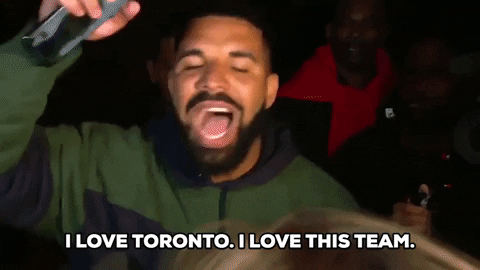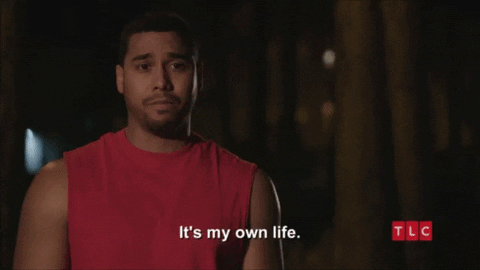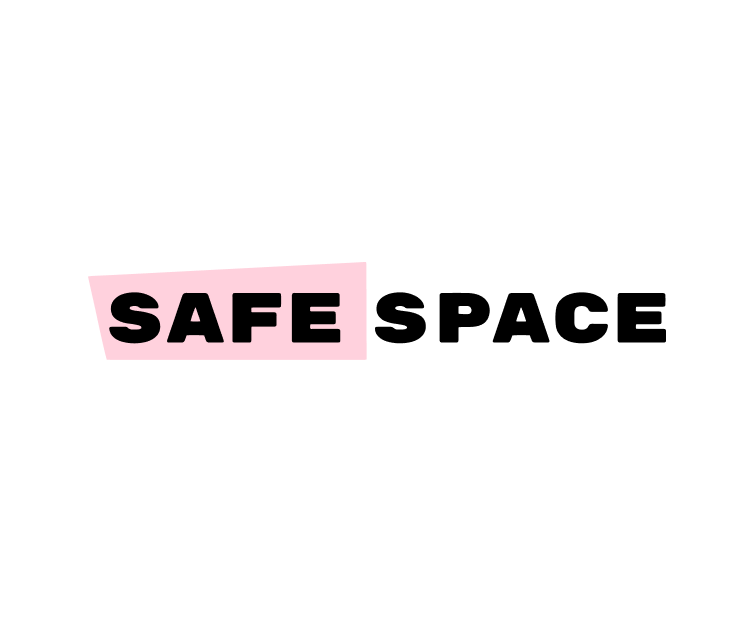
Ever work somewhere where you loved your team culture but disliked the overall culture of the organization or vice versa? ♀️
You’re not alone.
When team culture and company culture are aligned it can be a beautiful synergy of a unified and cohesive culture. Sounds ideal.
But, if team and company culture are wildly different it can lead to conflicts, misunderstandings, and overall disconnect. This feels more like the norm?
A disconnected team:
- Is isolated
- Struggles to communicate
- Operates in a silo
- Struggles with cross functional collaboration
This team might experience:
- Higher attrition
- Lower engagement
- Frequent miscommunications
The one person most directly responsible for a team’s culture?
The manager.
Last week I wrote about how to spot bad leaders to help avoid your company culture becoming toxic.
This week I have 3 tips for managers trying to build great team culture.
#1: Learn how to effectively communicate:

Communication is key and frankly, no one does it well.
Why? Because we’ve all learned how to communicate differently, our lived experience impacts how we communicate.
Managers have to communicate:
- Role scope
- Expectations
- Goals
- Performance feedback
- Hard news
That’s a lot of chances to say the wrong thing…
How to communicate effectively:
- Choose the right medium: don’t be slacking wild things, a lot of feedback and the convos above must be done live. Slack is great for follow up though.
- Be clear: do not use corporate jargon or skirt around what the conversation is about
- Actively listen: minimize distractions and avoid interrupting
- Use empathy: this is the biggest mistake I see happen, that managers don’t stop to think how could this conversation make the other person feel? Are there any sensitives I should consider?
- Ask open ended questions: Asking questions like, what are your thoughts, how do you feel about, how might we improve, etc
Additional reading: I wrote a whole series about how to navigate tough convos at work!
JOIN 130K+ HR LEADERS
Get insights, learnings, and advice on how to build companies and cultures that people actually love.
No spam. Unsubscribe any time.
One thing a manager can do RIGHT NOW to improve communication: Ask your team their preferred style of communication.
#2: Give your team autonomy:

I remember being a new manager and wanting to decide everything.
Power trip anyone?
Autonomy is a beautiful thing for your team and one of the best ways to build a great team culture!
Why?
Because it shows your team you trust them and when your team feels empowered to make decisions they are more engaged!
Spoiler alert: step one to giving your team autonomy is to effectively communicate their role, expectations and scope of work. See: tip #1!
See what I did there?
Additional reading: 7 tips to boost employee autonomy
#3: Recognize & Appreciate

To feel seen and acknowledged for your hard work is one of the most powerful feelings at work.
But it doesn’t happen enough!
BTW: There’s a difference between recognition and appreciation, and employees need both.
Recognition: acknowledging an accomplishment, milestone or contribution and employee makes that are aligned with company or team goals. Think: what someone did
Appreciation: an expression of gratitude not necessarily tied to achievements. Think: who someone is
Recognition and appreciation play a key role in employee engagement, morale and satisfaction.
Spoiler alert: Your employees need recognition at least once a week.
To do: set a calendar reminder for once a week to make sure you are recognizing and appreciating your team.
Don’t forget: be mindful of who you are recognizing. It shouldn’t be the same person or some group of people every time!
Additional reading: 50 ways to recognize employees
What role does HR play in supporting managers building team culture?

I could not help myself with that GIF because sometimes that’s what it feels like working in HR. Also a HIMYM fan.
The 1 thing HR teams shouldn’t do?
Know that there is an issue with a team manager and not do anything about it.
Intervention is key here.
If you start to notice a certain team:
- Has higher attrition
- Seems disengaged
- Is afraid of their manager
- Is consistently avoiding answering surveys
- Won’t come to HR with team issues
- Is missing deadlines or deliverables
Alarm bells should be going off and intervention is needed!
In an ideal world we could maybe fire all the bad managers in the world.
But don’t forget the very system that made them managers: yours.
As hard as that is to hear, we know sometimes bad managers are the outcome of our own doing. EVEN ME.
Intervening early enough can lead to a better outcome!
To intervene:
- Collect feedback from employees AND managers: either surveys or listening tours, just make sure you’re collecting feedback from all parties and using that feedback to inform which of the next steps you need to pursue.
- Work with leadership to set expectations: be clear about what you expect from your managers and what isn’t okay.
- Customize training to what your managers need! Ask as part of your surveys and have managers rank their most important training.
- Mediate: sometimes HR needs to get in there and mediate a conflict between a manager and a team. Certified peer mediator here!
- Seek external support: You can’t do the entire HR job and be a professional coach. If you’re lucky enough to have a budget, explore a potential external solution.
- Continuous feedback: intervention might be ongoing for months, you cannot intervene once and assume it’s gonna be fixed. It takes a while to truly correct behavior.
After doing all those steps if you still have an issue with a specific team manager it might be time to take more serious steps.
You will know when that time comes.
Next on the culture quest:

I’ve been on a quest this quarter to demystify all the aspects of culture.
So far, I’ve covered values and leadership!
Next on the quest? Internal communications, or as I like to say: HR’s newest job.


